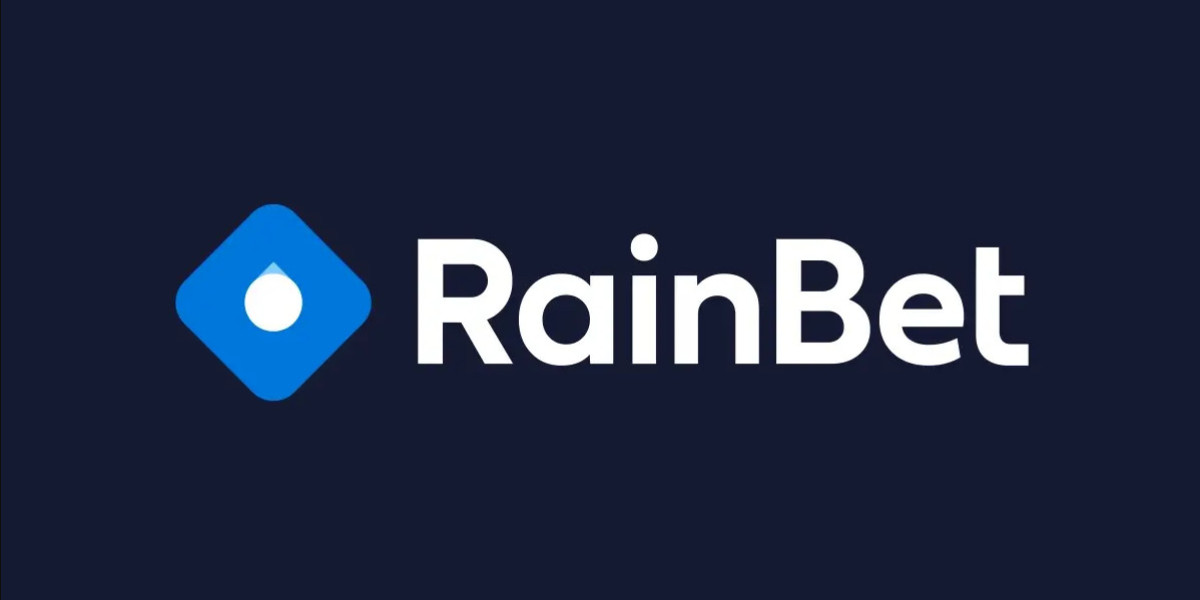1. Introduction
Introduction:
Industries are undergoing a change thanks to the Internet of Things (IoT), which is accelerating the shift to a data-driven economy. The Internet of Things (IoT) is a network of networked devices that gathers and shares data via the internet. This technology boosts productivity, creativity, and efficiency across a wide range of industries. We see a change toward a more interconnected world where systems and gadgets communicate with ease as more devices join this digital ecosystem.
An unprecedented degree of system and device synergy has been made possible by IoT, resulting in a web of connectivity that cuts across conventional boundaries. The growing interconnection makes it possible to collect, analyze, and use data in real time across several areas. Businesses are able to make better decisions because to this smooth information flow, which is based on insights from the massive amounts of data created by IoT devices. As a result, IoT is changing the way the economy functions by streamlining operations, enhancing consumer satisfaction, and developing new business models that take advantage of the abundance of connected data.
Stay tuned for more insights on how IoT is penetrating the possibilities of a data-driven economy in our upcoming blog posts!
2. The Rise of IoT in Business
The Internet of Things (IoT) has changed the game for businesses in the modern business environment by allowing them to use massive volumes of data to make well-informed decisions. IoT technologies are being quickly adopted by businesses from many industries to transform their operations. One well-known instance is the retail industry, where real-time inventory tracking via IoT sensors optimizes stock management while cutting expenses.
IoT devices are being used by manufacturing businesses to track equipment performance, anticipate maintenance requirements, and reduce downtime. This predictive maintenance strategy reduces operating costs while increasing overall effectiveness. IoT-connected equipment guarantee smooth production processes by enabling proactive interventions before serious problems develop.
Customer service is another area where IoT adoption is significant. Businesses are using information from Internet of Things devices to tailor services to customers' unique tastes and habits. To improve guest comfort and experience, hotels, for example, use IoT-enabled room controls to automatically modify temperature and lighting settings. Businesses can more successfully customize solutions that address particular client needs by examining these data insights.
There are numerous advantages to incorporating IoT into corporate operations. One major benefit is that automation and real-time data analytics increase productivity by streamlining procedures and increasing efficiency. Optimal resource use, less waste via predictive analytics, and enhanced asset management are the main sources of cost savings. Personalized services powered by IoT-generated insights lead to improved customer experiences, which increase customer satisfaction and loyalty.
The introduction of IoT into business ushers in a new era of data-driven decision-making, which helps companies succeed in a landscape of ever-increasing competition. Businesses may achieve cost reductions, improve customer experiences, and drive operational excellence by utilizing the power of connected devices and actionable insights from IoT-generated data. These capabilities will help them stand out in the current digital economy.
3. Challenges and Concerns
Many issues emerge in the era of Internet of Things (IoT) driving the data (https://bigdata.in.net/blog/post/internet-of-things-iot-penetrating-the-possibilities-of-a-data-driven-economy). The interconnectedness of IoT devices poses a serious security risk, as it leaves them open to hackers. It becomes essential to keep these gadgets and the data they gather safe from bad actors in order to preserve a secure ecosystem.
Concerns about data privacy are raised by the growing amount of personal data being gathered by IoT devices. Consumers are concerned about the ways in which businesses utilize, store, and distribute their data. In our connected world, finding a balance between protecting people' privacy rights and using data for innovation is an ongoing struggle.
In a data-driven economy, ethical concerns around the use of consumer data are critical. Businesses need to guarantee that customer information is handled appropriately and be open and honest about their data practices. To establish confidence and credibility in the IoT space, concerns regarding consent, data ownership, and treating people fairly based on their data profiles must be addressed.
4. Opportunities for Growth
In an ever-changing digital world, the Internet of Things (IoT) is creating new opportunities across multiple industries. IoT innovation is transforming established practices and opening up new growth prospects in a number of industries, including smart cities, healthcare, and transportation. With the use of tailored medicine, predictive analytics, and remote monitoring, the integration of IoT devices and systems in healthcare is improving patient care. Similar to this, IoT technologies are enhancing sustainability, safety, and efficiency in transportation through linked cars and intelligent traffic control systems.
It is impossible to overestimate the potential for increased economic growth and employment creation as a result of widespread IoT adoption. New professions including data analysts, cybersecurity professionals, and IoT engineers are in great demand as industries implement IoT solutions to improve operations, maximize resources, and enhance services. IoT ecosystems' interconnectedness encourages cooperative alliances between businesses in many industries, which results in creative revenue streams and business models.
Businesses must take advantage of the new opportunities that are emerging across all industries as we continue to watch the revolutionary impact of IoT in creating a data-driven economy. Organizations may boost decision-making processes, increase operational efficiencies, and provide better customer experiences by utilizing the data produced by connected devices and sensors. The Internet of Things' (IoT) potential to transform businesses and spur sustainable economic growth is further enhanced by its convergence with other cutting-edge technologies like blockchain and artificial intelligence (AI).
Taking into account everything mentioned above, we can say that companies hoping to prosper in a more connected world have a lot of interesting opportunities as a result of the IoT's widespread adoption. Through the use of IoT innovation in industries like healthcare, transportation, and smart cities, companies may open up new business opportunities and contribute to beneficial social impact. The interdependence of Internet of Things adoption, employment generation, and economic prosperity highlights how important it is for stakeholders to actively participate in this game-changing technology in order to mold a future economy that is more robust and efficient.
5. The Future of a Data-Driven Economy
An entirely connected, data-driven economy powered by the Internet of Things (IoT) holds out endless possibilities for the rapidly approaching future. Suppose we live in a world where every process, gadget, and interaction produces useful data that can be instantly examined to inform decisions. This degree of automation and connectedness has the power to completely transform economies, civilizations, and industries worldwide.
The growing use of IoT technology is going to cause a significant shift in society. Automation will increase productivity and efficiency by streamlining operations in a variety of industries. Intelligent gadgets that continuously interact and adjust to our tastes will permeate every aspect of daily life, from self-driving automobiles that handle traffic to smart houses that anticipate our demands. By maximizing resource use, this increased connectedness will not only improve convenience but also open the door to more environmentally friendly behaviors.
As the Internet of Things continues to permeate our everyday lives and infrastructures, worries about data security and privacy will gain prominence. This data-driven economy will be supported in large part by transparent data usage policies and the protection of sensitive information from cyber threats. To preserve trust in interconnected systems and stop possible weaknesses from being exploited, advanced encryption techniques and strong cybersecurity frameworks must emerge.
There will be fresh chances for creativity and cooperation in this quickly changing environment. Companies can better tailor their products and services to the needs of their customers by utilizing real-time insights from IoT devices. Comprehensive data analytics can be used by governments to guide the formulation of policies that tackle societal issues such as urbanization, healthcare accessibility, and environmental sustainability. The combination of artificial intelligence (AI) and the Internet of Things (IoT) has the potential to enable hitherto unthinkable levels of predictive analytics, personalized experiences, and autonomous systems.
Although adopting these innovations offers enormous opportunities for improvement, it is critical to consider possible effects on the labor force. Certain job roles may become obsolete or require reskilling to remain relevant in a digital-first economy as automation spreads through IoT technology. In order to prepare students for careers in data analysis, cybersecurity, AI development, and other rapidly expanding industries fueled by IoT integration, educational systems must change.
We must approach this revolutionary period with awareness and accountability as we stand on the brink of an IoT-powered, data-driven economy. We can fully realize the potential of the Internet of Things to create a future where connectivity enhances lives while upholding values of privacy, security, and equity by promoting digital literacy among all societal segments, fostering a culture of ethical data practices, and giving inclusive technological development top priority.




